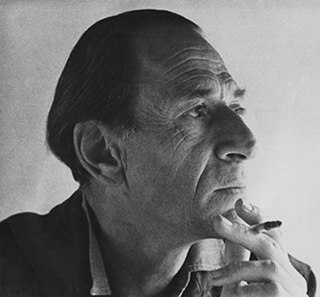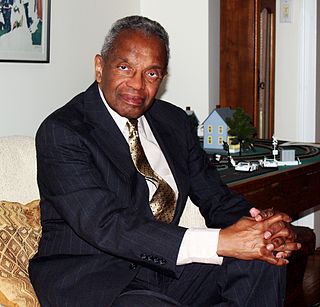A Quote by Nigel Dennis
Courage is clearly a readiness to risk self-humiliation.
Related Quotes
To have faith requires courage, the ability to take a risk, the readiness even to accept pain and disappointment. Whoever insists on safety and security as primary conditions of life cannot have faith; whoever shuts himself off in a system of defense, where distance and possession are his means of security, makes himself a prisoner. To be loved, and to love, need courage, the courage to judge certain values as of ultimate concern – and to take the jump and to stake everything on these values.
To laugh is to risk appearing a fool. To weep is to risk appearing sentimental. To reach out to another is to risk involvement. To expose feelings is to risk exposing your true self. To place your ideas and dreams before a crowd is to risk their loss. To love is to risk not being loved in return. To hope is to risk pain. To try is to risk failure. But risks must be taken, because the greatest hazard in life is to risk nothing.
When you look at the potential of such a zero-risk products as electronic cigarettes you need to understand what is the readiness of smokers to switch. That relates to public-health concerns, social pressure, concern for people around you and many other more subtle things. You cannot say that Indonesia is at the same level of readiness as the U.K, Western Europe or the U.S.
Courage is worthy of respect when displayed in the maintenance of legitimate claims and in the repelling of aggressions, bodily or other. Courage is worthy of yet higher respect when danger is faced in defence of claims common to self and others, as in resistance to invasion. Courage is worthy of the highest respect when risk to life or limb is dared in defence of others.
There are moments when it frightens us, threatening to expose us as inauthentic. Well, the big-time impostors we read about in literature run this risk constantly, flirting with destruction, not just humiliation or embarrassment. It's a spectacle that we can't help but find compelling, and it involves a certain level of courage that we sneakily admire, perhaps.
Courage is not an ability one either possess or lacks. Courage is the willingness to engage in a risk-taking behavior regardless of whether the consequences are unknown or possibly adverse. We are capable of courageous behavior provided we are willing to engage in it. Given that life offers few guarantees, all living requires risk-taking.
In a man like Friedrich von Schlegel the courage to be as an individual self produced complete neglect of participation, but it also produced, in reaction to the emptiness of this self-affirmation, the desire to return to a collective. Schlegel, and with him many extreme individualists in the last hundred years, became Roman Catholics. The courage to be as oneself broke down, and one turned to an institutional embodiment of the courage to be as a part.





































